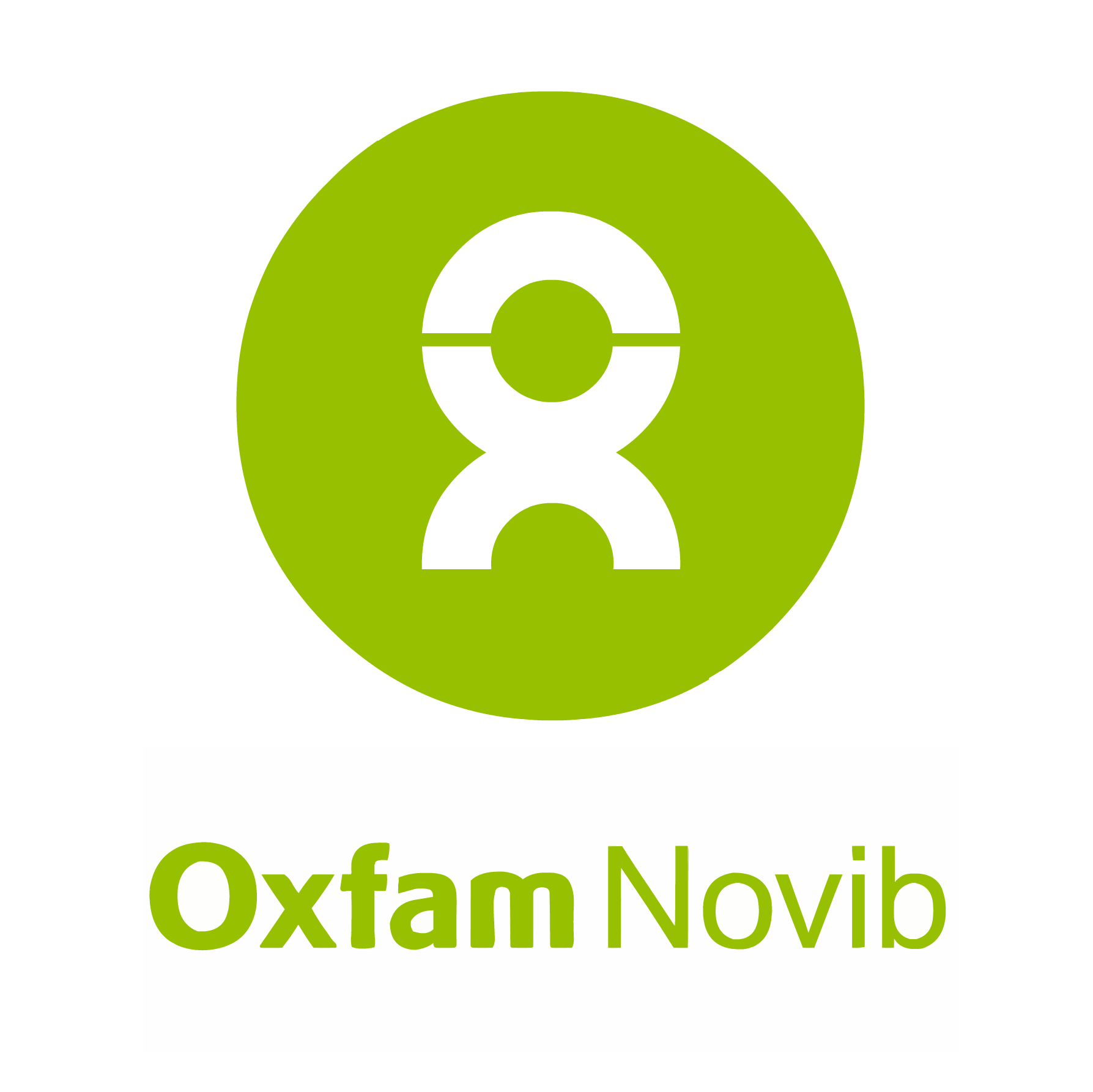Community / Land projects / HO-503001
HO-503001

€0
01/19 - 12/23
Завершено
This project is part of
Implementing Organisations
Donors
Data Providers
General
PATHWAY 1 - CHANGE POLICES AND PRACTICES OF KEY PRIVATE ACTORS IN THE AGROFOOD SYSTEM # We will develop evidence-based advocacy trajectories, work with allies and partners and mobilize publics to target key actors in the food system # such as traders, intermediaries, food companies and retailers # for more transparency in supply chains and for a greater share of value, improved incomes and rights for small-scale food producers and workers in those chains. We will organize our constituencies using socialmedia in combination with offline mobilization. We will support spaces for citizen-driven change alongside and supporting our policy influencing work. # We will challenge the notion that economic activity by big companies automatically translates into positive outcomes on the local level (#income, jobs, infrastructure#). We will collect data from impoverished rural areas that have been affected by (large-scale) production of bulk commodities and assess how these rural areas perform across a range of issues (such as access to land, gender equality, poverty, greenhouse gas emissions, deforestation, forced labour, income and inequality). We will engage (global) companies that source from these areas on the impact of their business models on communities. #We will connect with Oxfam programs on the ground, to integrate lessons learned in a propositional agenda around alternative production models that contribute to our overall vision (e.g. gender-responsive value chains; investments that contribute to people-centred land governance; strengthening local food systems and markets). PATHWAY 2 - CHANGE THE PUBLIC AND PRIVATE FINANCIAL FLOWS IN THE FOOD SYSTEM Our second pathway is # together with allies and affected communities # to push development banks (WB, FMO, IFC) and private financial sector actors (for example, commercial banks and pension funds) to improve sustainability standards, transparency and accountability and to shift investments away fromunsustainable projects towards projects that support women small-scale food producers, that respect land rights and that are aligned with the goals of the Paris agreement. # We will produce solid, evidence-based advocacy, highlighting for example cases of land rights violations # including involuntary resettlement and development-induced displacement # or the social consequences of fossil fuel investments, and elevate the stories of indigenous communities and women land activists (for example, through a speaking tour) to engage with the actors in the financial institutions to change their policies and practices towards more sustainable investments. Wewill target key players in the financial sector with the potential to have a global or regional systemic impact. Where opportunities exist we will push forpolicy reforms to drive systemic change. # We will engage directly with development banks/ IFIs and nationalgovernments to ensure their investments align with international agreements struck in recent years, including the VGGTs, the SDGs and Paris Agreement. This can be done at both institutional and project level. Depending on opportunities, our engagement will seek to ensure investments are aligned with countries# Nationally Determined Contribution to the Paris Agreement. This could also involve assessing IFI#s land portfolio in specific countries. # We will engage with IFIs for more upward harmonization of global standards, and more transparency and accountability. We will monitor the performance of the public financial sector (i.e. the World Bank,IFCandFMO), which relies more and more on financial intermediaries such as commercial banks and investment funds to deliver development finance. # We will explore using progress in development banks/ IFI lending standards and new norms, such as the work ofthe G20 Task Force on Climate-related Financial Disclosures (TCFD), to engage with commercial banks in developed and developing countries to set higher standards in the same areas. PATHWAY 3- CHANGE POLICIES AND PRACTICES OF GOVERNMenTS The third pathway is to create government champions for pro-poor and sustainable public policies. # In the UNFCCC, particularly in the lead-up to the COP in 2020, we will campaign for more climate finance, in particular for adaptation and for loss and damage. We will continue to encourage prioritizing the most vulnerable countries and groups, including women small-scale food producers. One way of doing this could be by earmarking part of the funds to support women. We will promote the integration of tenure security reforms in climate change strategies. We will also explore opportunities to strengthen the mitigation debate to keep temperature rise below 1.5-2 degrees Celsius and avoid furthernegative impacts of climate change on women small-scale food producers. We willadvocate for transitions in land use, deforestation and soil degradation. # We will advocate for strengthened accountability and reporting mechanisms of international fora where governments convene, such as the HLPF, the UNFCCC and related mechanisms.Wewill provide #on-the-ground# examples by investing in national shadow reporting on internationally agreed benchmarks, including monitoring budgets and country performance against SDGs# indicators, NDC implementation and climate finance, and by influencing public national and international agencies tasked with monitoring. We will advocate for sex-disaggregated data. We will engage with governments to implement their own commitments, through dialogues, advocacy and research, and a race to the top. We willmake explicit interlinkages across inequality, climate change, land and agriculture, and focus on women#s rights. # We will work with allies to strengthen spaces for civil society in multilateral institutions and wewill identify new opportunitiesto drivesystem-wide change in the areas of land rights, climate change and food value chains, including through exploring potential opportunities around the OECD Guidelines, UN-led processes, human rights instruments, and G7 and G20meetings. # We willorganize networks and constituencies (on the national level) and engage with governments to implement their own commitments # through dialogues, advocacy and research, and a race to the top # and will encourage them to become champions for change, including through local-to-global influencing strategies



